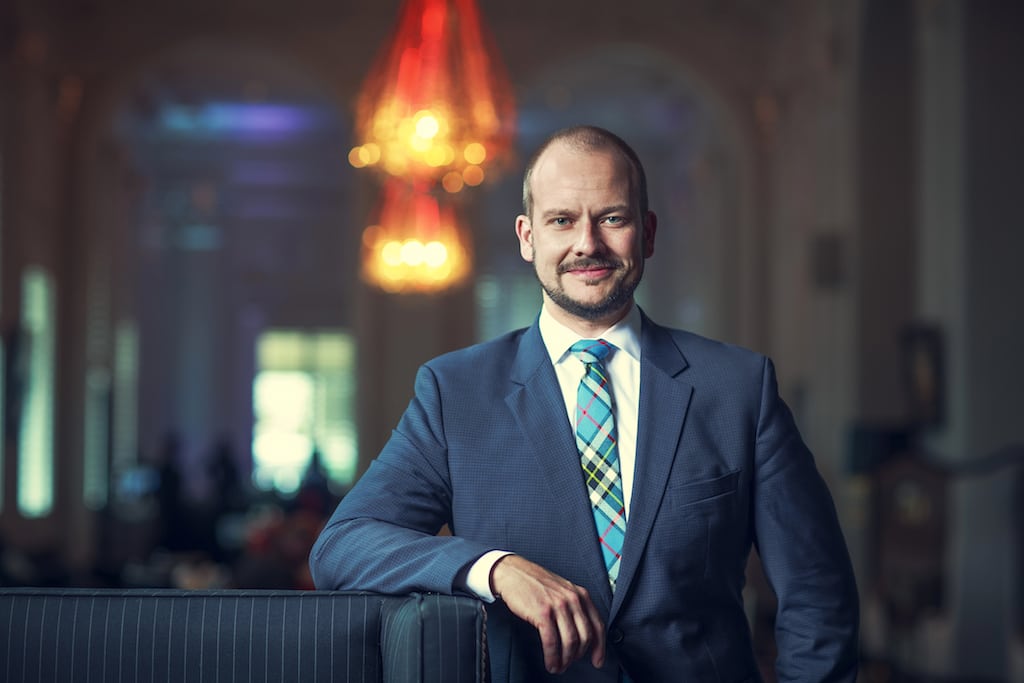Georgetown University Is Rewriting the Manual for Hotel Executive Training

Skift Take
As global hotel companies divest their physical assets and evolve into lifestyle brand-building machines, hospitality schools haven't adapted, and there's a big talent gap because of it.
Unlike in Europe and Asia where an executive career in hospitality enjoys a heightened stature, hotel careers in North America have traditionally been viewed as an occupation, not a profession.
In fact, for many people employed today in U.S. hotels, even at the highest levels, it’s often an “accidental occupation” according to Gray Shealy, executive director of the new Master's of Hospitality Management program at Georgetown University in Washington, D.C.
In the past, many hotel executives in North America initially began working in hotels as a way to make money in school on their way to careers in other sectors. But then they became enamored with the lifestyle and worked their way up the ladder over time, evolving into executive positions in corporate hotel offices almost by accident.
Today, that career trajectory is much less common. In the global hospitality industry in 2015, where hotel companies no longer own the majority of their room inventory, the executive marketplace prioritizes branding and marketing expertise as much as operational knowledge and management skills. The age-old story of the bellboy working himself up to company president over a span of 40 years is now just the stuff of hotel lore.
However, according to Shealy, hospitality education has been slow to evolve with the times, and many graduate schools are teaching coursework that's not entirely relevant to the industry today.
Previous to his hiring in January 2014 and the launch of the graduate hospitality program last fall, Shealy was the global design di
